Adorable toothy, gummy smiles melt our hearts, but as babies grow into toddlers, and there's still no sign of those little white Chiclet-looking teeth, parents may start to get concerned about just what their late teethers are going to eat.
As other toddlers are chomping away on a variety of foods, you might notice your late teether isn't able to follow suit … whether because her little gums are too sensitive or she just can't chew up many of the first foods commonly recommended. The fact is, however, that there are plenty of foods for toddlers to enjoy even if they don't have teeth, or they're going through teething pain.
And bonus: You get to enjoy that yummy, gummy smile even longer. Here are some of the top foods experts recommend for babies and toddlers with no or few teeth.
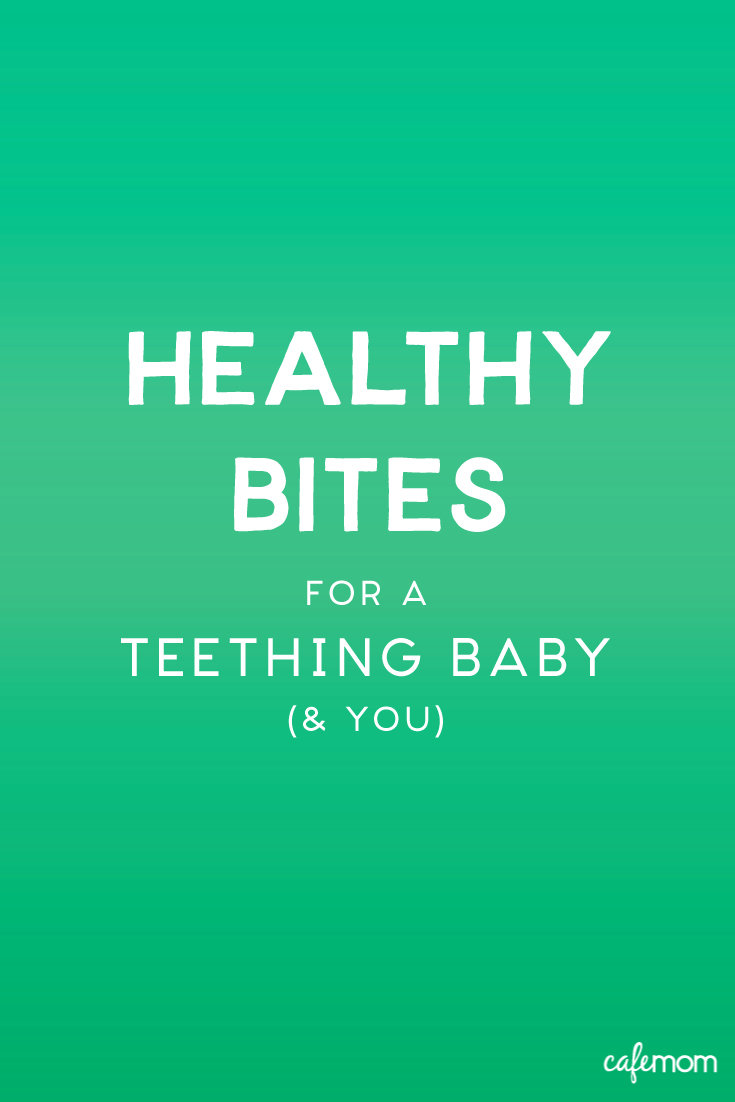
Image via Sk Elena/Shutterstock
Berries
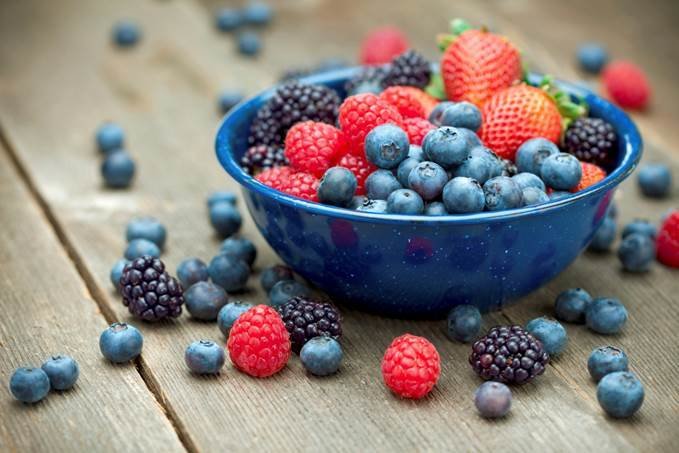
Dr. Deena Blanchard, a pediatric and postpartum depression expert from Premier Pediatrics, says while many parents are afraid to start finger foods if their children don't have teeth, they shouldn't be.
"This is actually a total myth!" she says. "The teeth that we use to chew are not the baby teeth that come in first. Toddlers will actually use their gums to chew on the food, though we encourage to keep the pieces of food small — think quarter inch size to avoid choking."
Blanchard says it's important to introduce your children to more texture as they get older regardless of the number of teeth they have. For example, she says cut-up blueberries, strawberries, and raspberries are delicious and a great source of fiber and antioxidants.
Ground meat
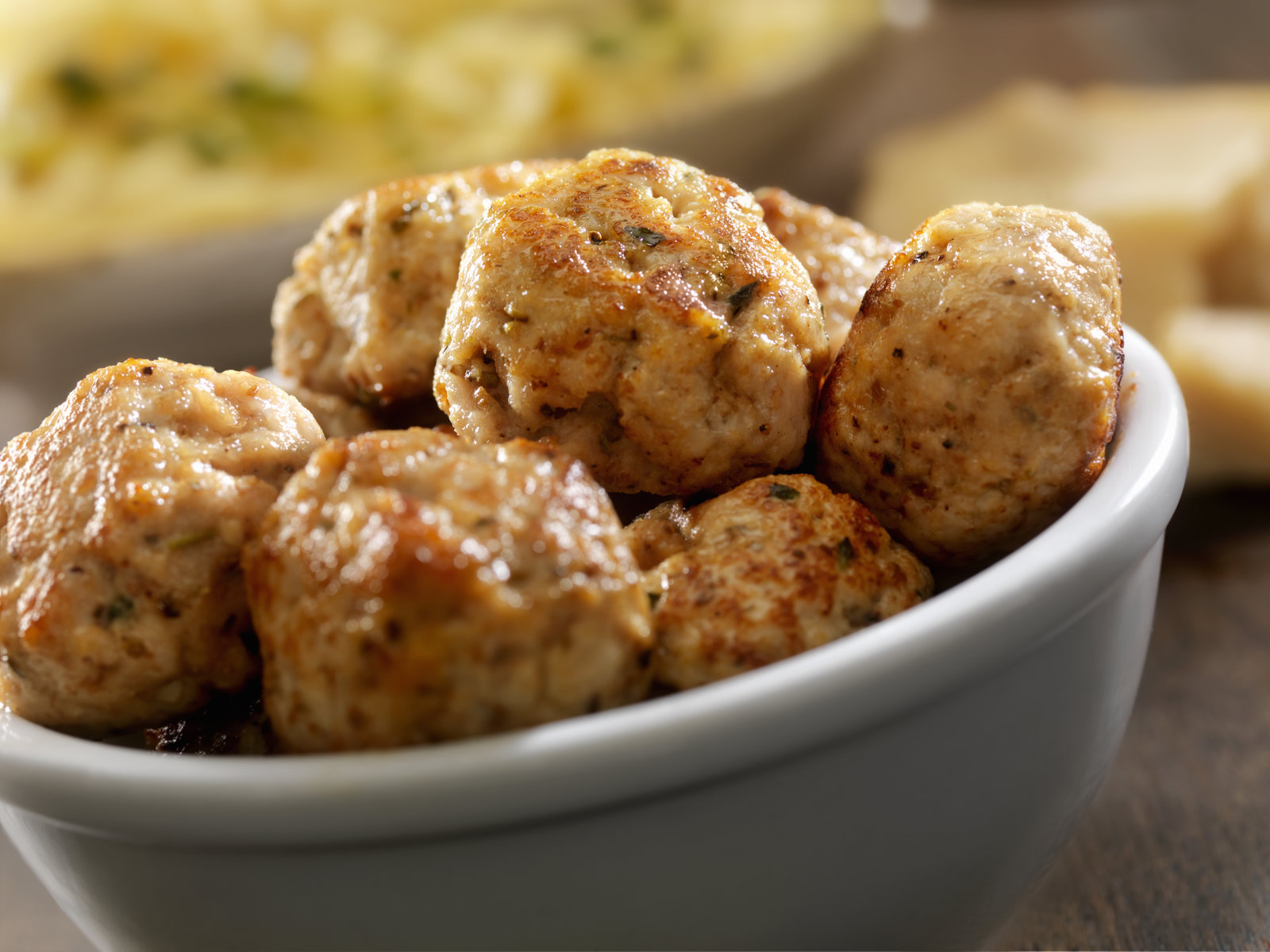
Kimi McAdam, a registered dietitian with Kaiser Permanente who specializes in pediatric nutrition, says those with no or very few teeth can enjoy the same doctor-recommended nutritious foods as their toothy friends — they just may need them to be pureed or mashed. "They get the same benefits whether it's pureed or whole — just as long as you offer them a variety of food from all food groups," she says.
She says ground meats, like chicken or beef, provide a good source of protein, iron, and B vitamins.
Soft cheese
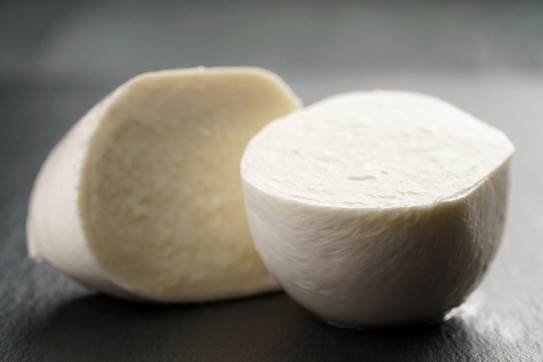
Blanchard says cheese is a great source of calcium and vitamin D that is so important in bone health and development for toddlers. "Fresh mozzarella, which is obviously very soft, can be cut into small pieces, even with mushed tomato and basil, which can be fun way to introduce your toddler to the delicious caprese salad," Blanchard says. She adds that tomatoes have lots of lycopene, a substance that is thought to help prevent cancer, and basil is packed with antioxidants and vitamins A, C, and K. Win, win, win.
More from CafeMom: 15 Awesome Little Boys Rocking Disney Princess Dresses
Yogurt and smoothies
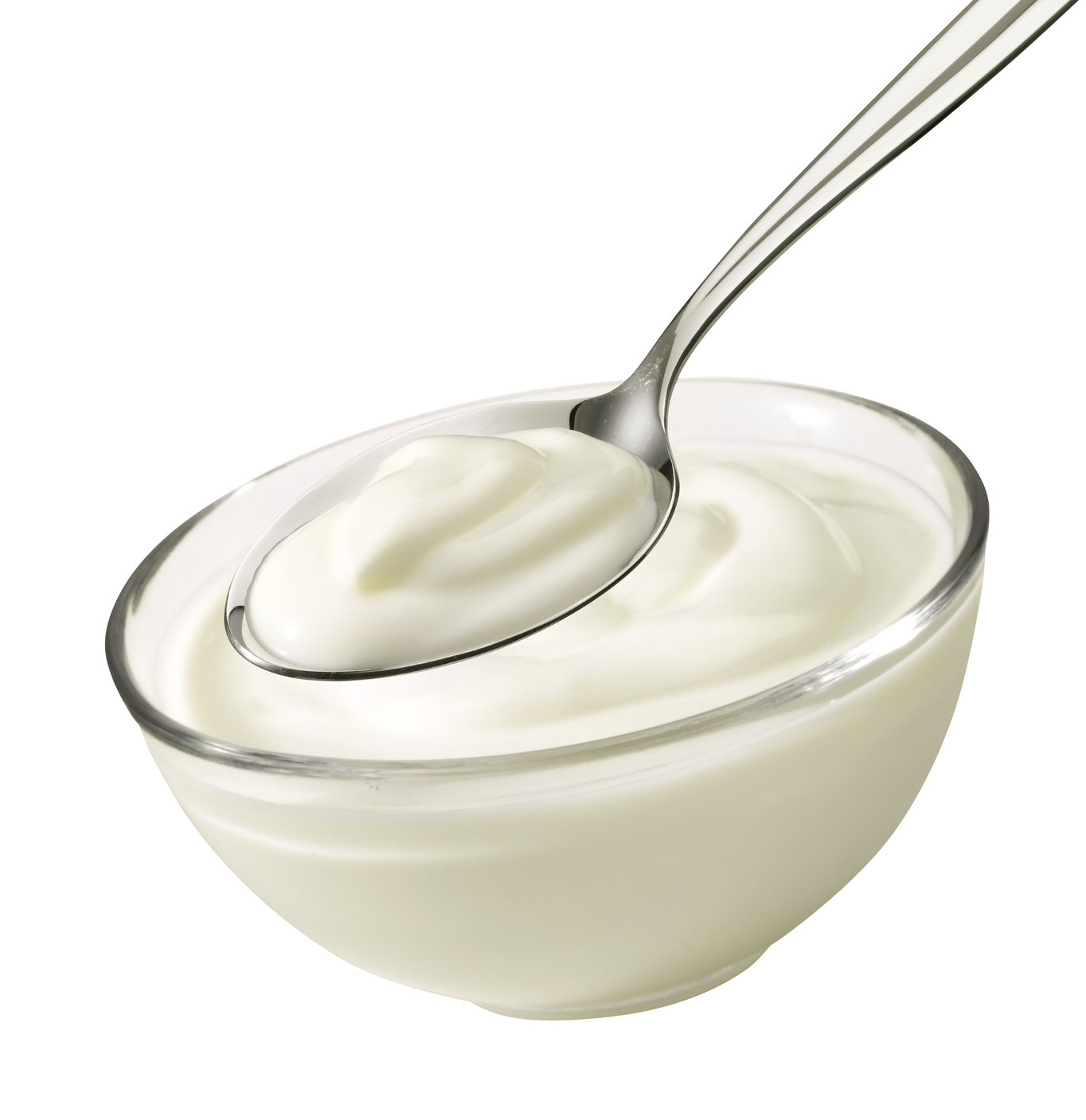
Yogurt alone (especially no or low-sugar versions) is a great choice, but it can also be used to make nutritious smoothies. Rene Ficek, a registered dietitian and lead nutrition expert at Seattle Sutton's Healthy Eating, says smoothies provide a delicious opportunity to squeeze in a few extra servings of fruit and dairy.
"Frozen bananas, frozen fruit, yogurt, milk, and fruit juice are great starting ingredients," she says. "To add some extra protein, you can add flax or chia seeds or milk powder. Taste and adjust as needed and offer in a sippy cup with an extra-wide straw."
Salmon
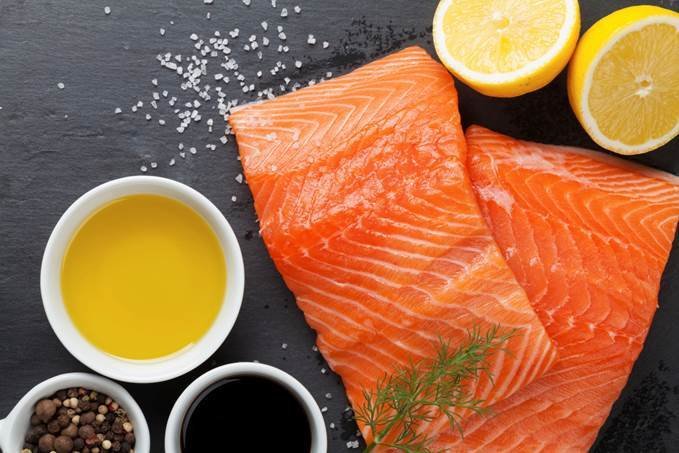
Salmon is full of omega-3 fats, which are great for brain development and heart health. Blanchard cautions that it's important to make sure there are no bones in the fish that could be a choking hazard.
Peas
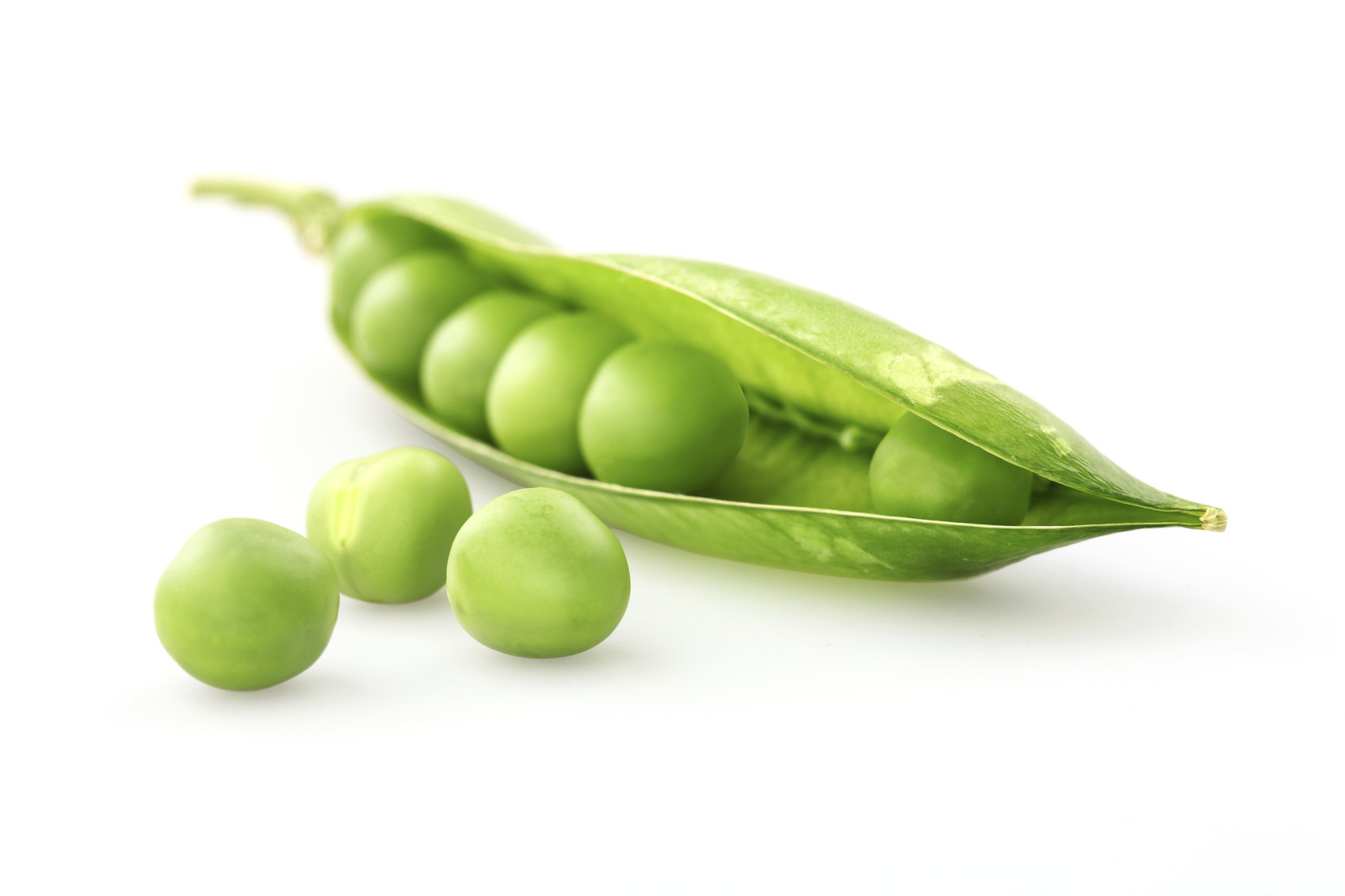
Whole or mashed, McAdam says peas are a great choice as they're full of dietary fiber and plenty of vitamins and minerals. They're pleasing to eat!
Avocado
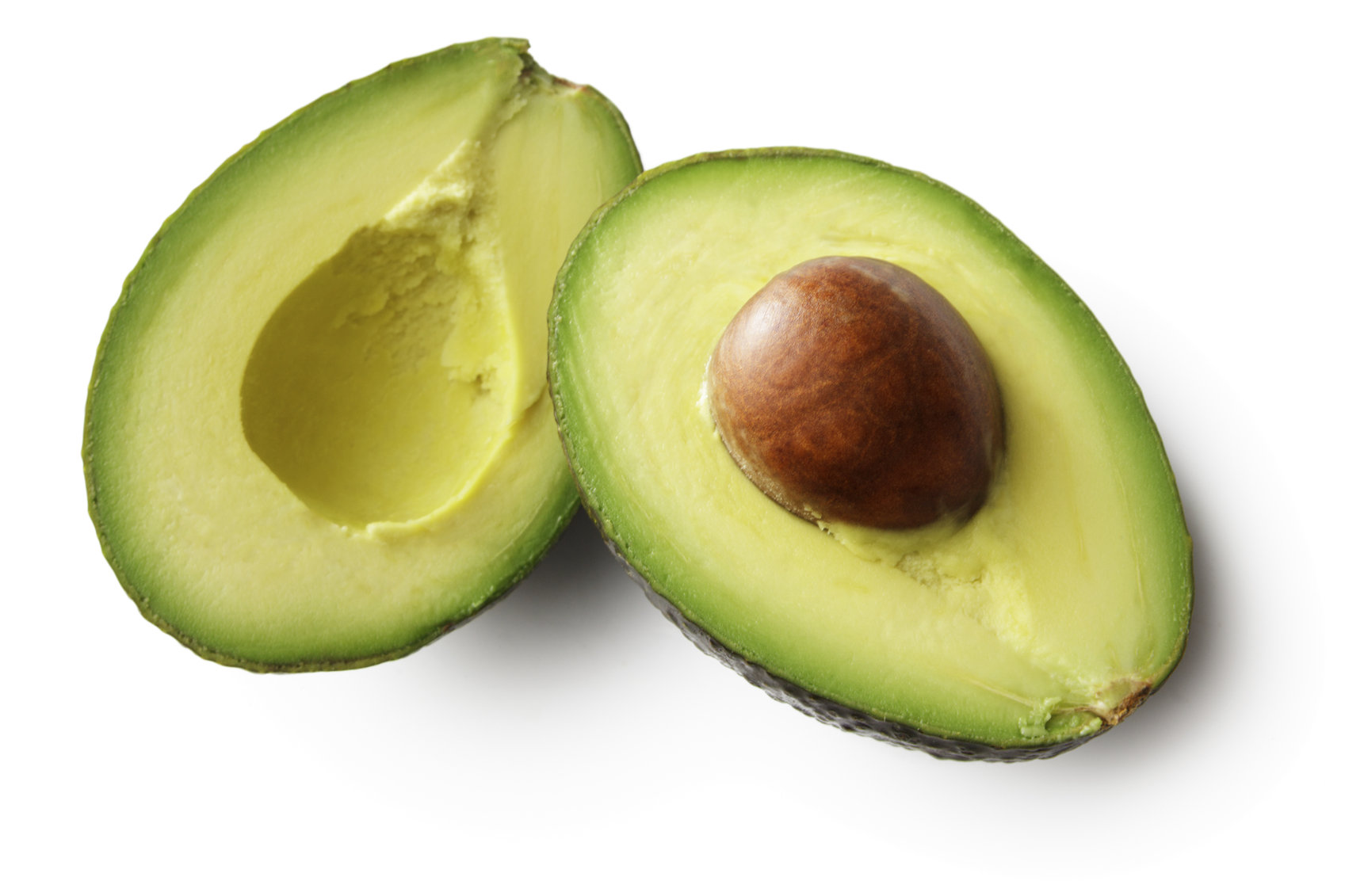
Avocado is classified as a fruit, but a fatty one, and is one of the healthiest foods out there, according to Ficek. "Considering little ones need to eat these healthy fats for brain development, it's one the best foods to give them," she says. "You can simply slice the avocado into strips or chunks and offer. These fruits are soft enough that there should be no worrying about choking. Also, you [can] make guacamole (leave out the spice), and offer on a spoon or a chip."
More from CafeMom: 12 Funniest & Weirdest Picky-Eating Excuses Given by Little Non-Foodies
Bagels
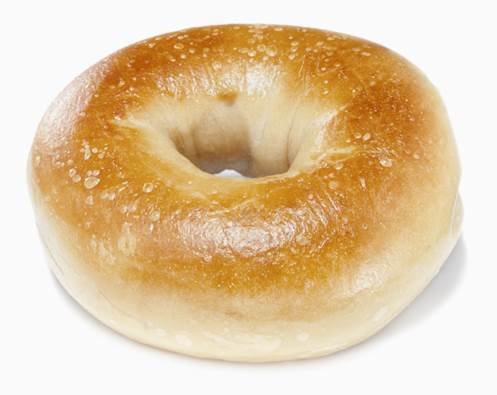
Dr. Danelle Fisher, MD, FAAP (Fellow of the American Academy of Pediatrics), and chair of pediatrics at Providence Saint John's Health Center in Santa Monica, California, says giving toddlers harder foods, like bagels or crusty bread, can be helpful for sore gums. She cautions that parents must watch closely though in case any large chunks break off.
Tofu
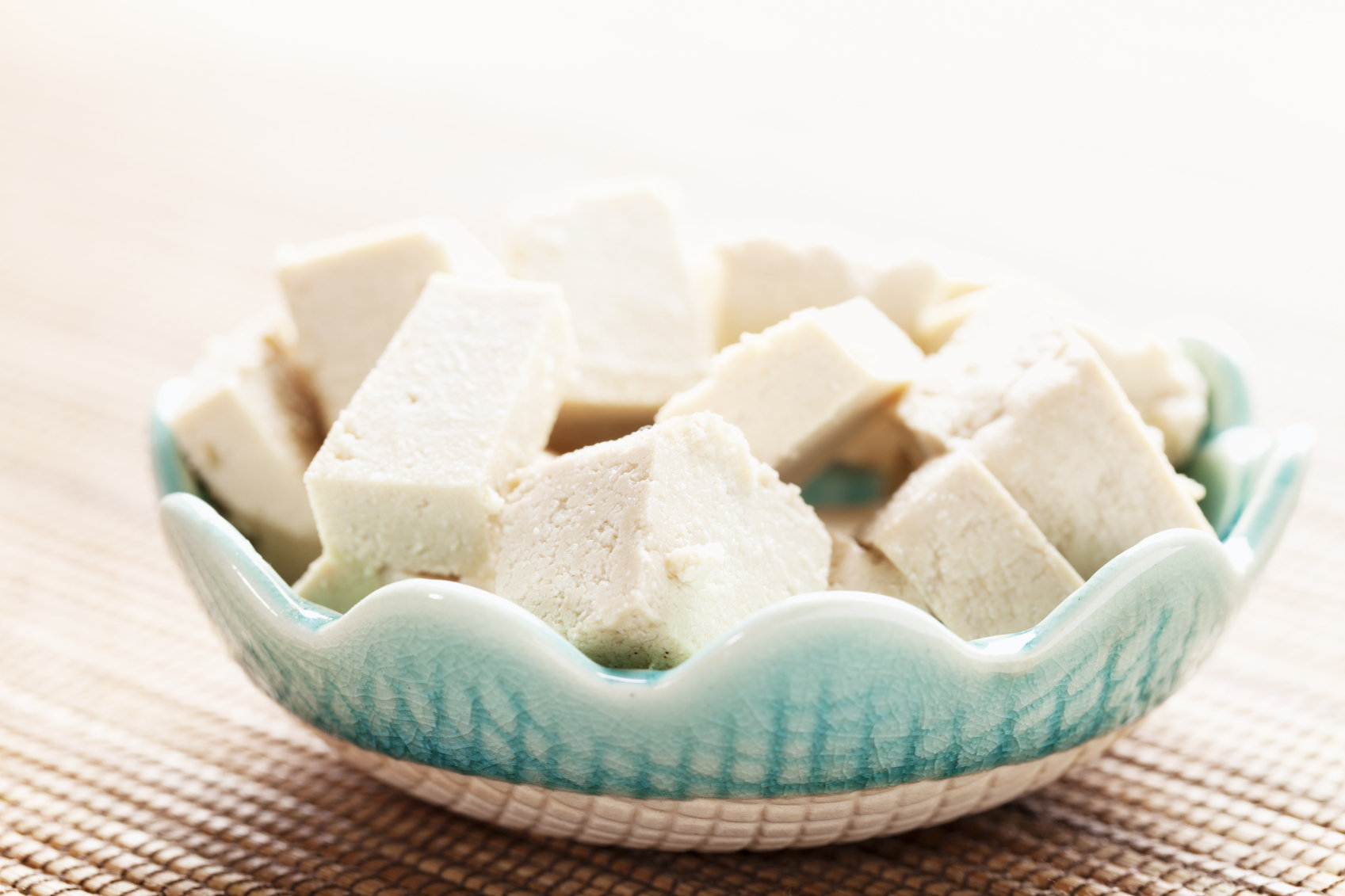
McAdam also recommends tofu as it's full of calcium, protein, and phosphorus. "If you get the soft variety, you don't need to puree it," she says.
More from CafeMom: 13 Memes That Hilariously Sum Up Life With a Teething Baby
Steamed broccoli
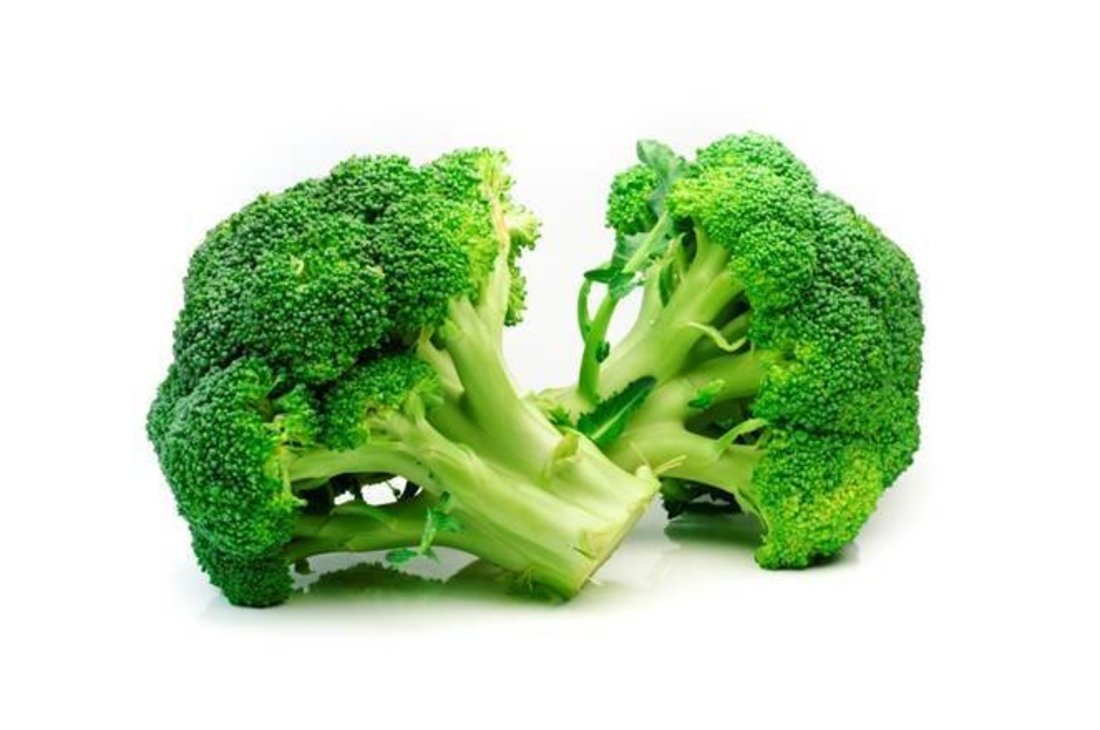
Broccoli can be steamed and given to toddlers in soft pieces. "It helps that it looks like a little tree, which makes it fun for kids to try as well," Blanchard, says, noting that it's also a good source of calcium, vitamin D, antioxidants, iron, fiber, and vitamin C.
Sweet potatoes
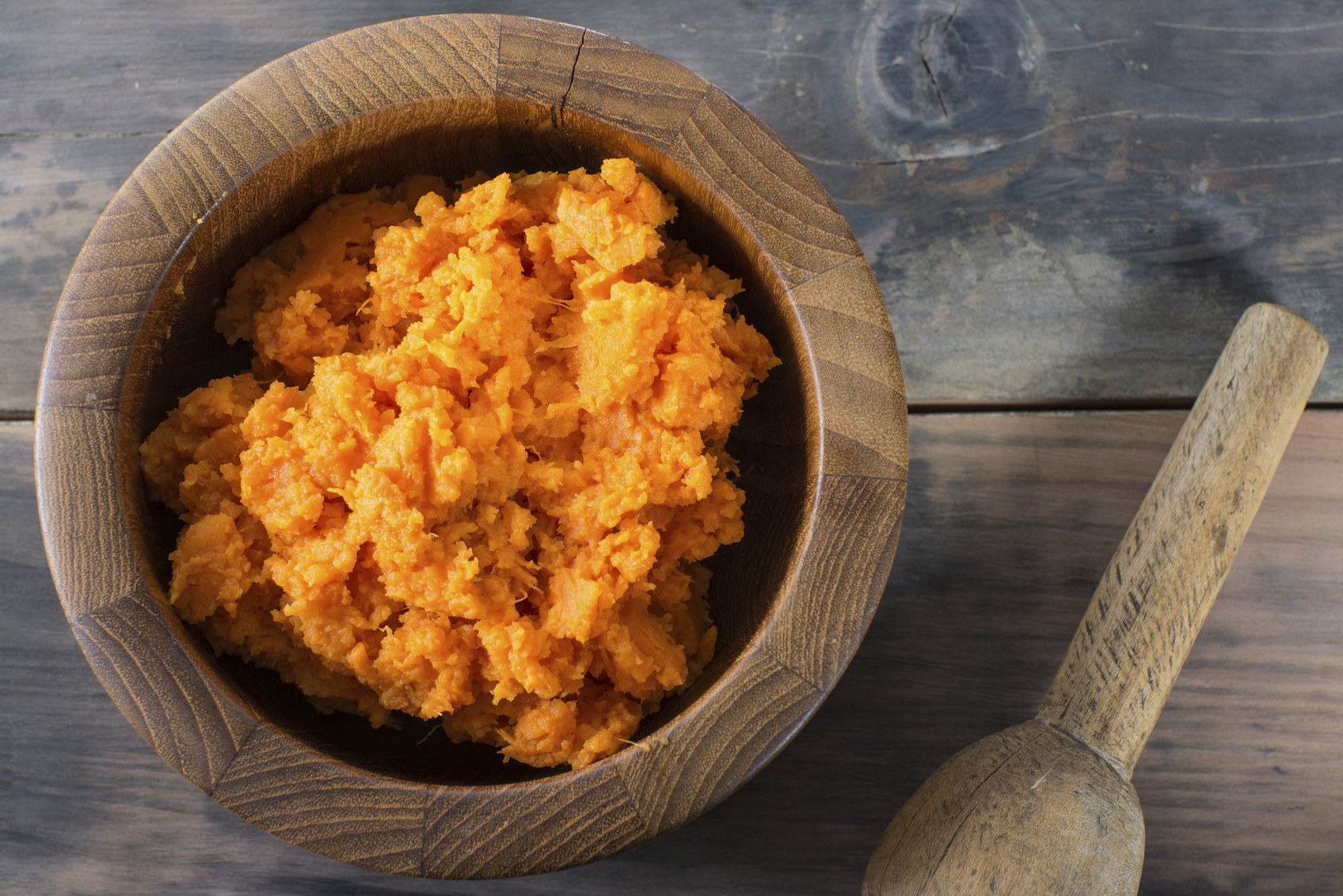
Roasted and mashed or made into fries, sweet potatoes are often a favorite because of their natural sweet taste. McAdam says they're a good choice as they're full of vitamins A and C.
Butternut squash
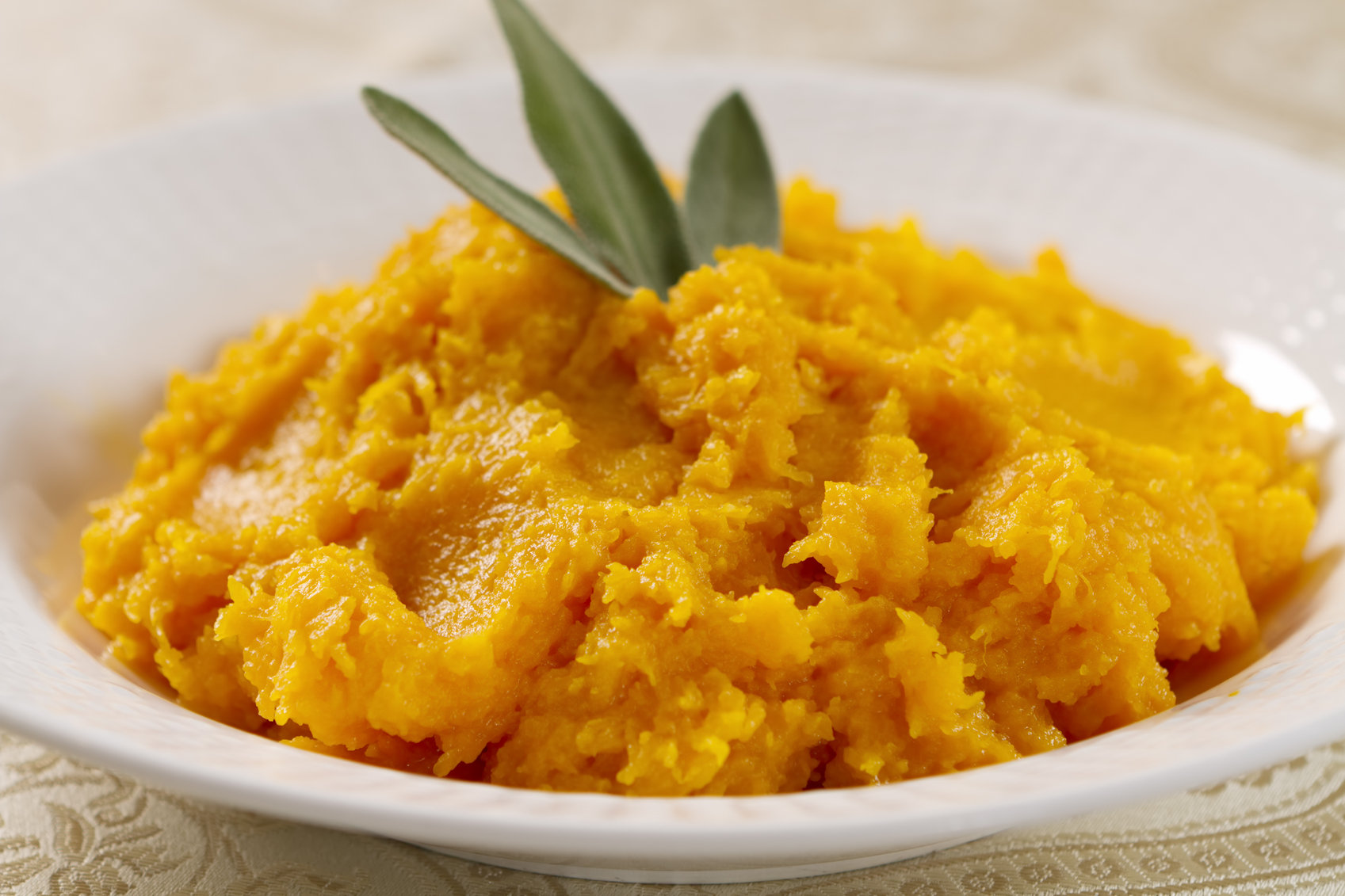
Similar to sweet potatoes, McAdam also recommends butternut squash, which is packed with vitamins A and C.
More from CafeMom: 15 Natural Ways to Soothe Your Baby's Teething Pain
Plain, cooked legumes
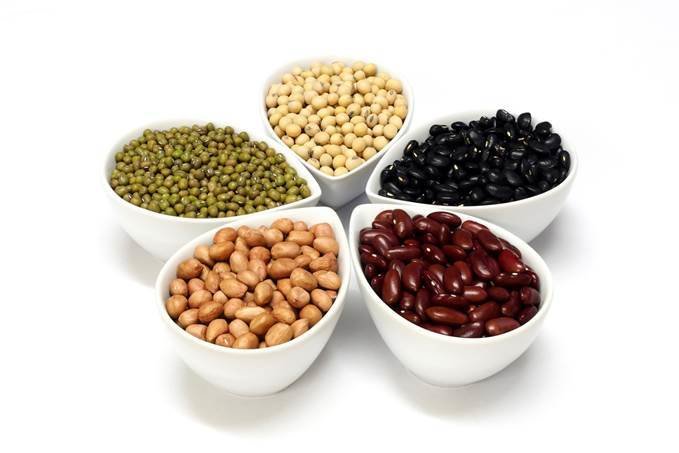
Blanchard says for families who choose to not eat meat, legumes are great source of protein and iron. She recommends plain, cooked beans, because they're not only soft, but also a great source of fiber and help keep your little one regular.
Whole grain cereal
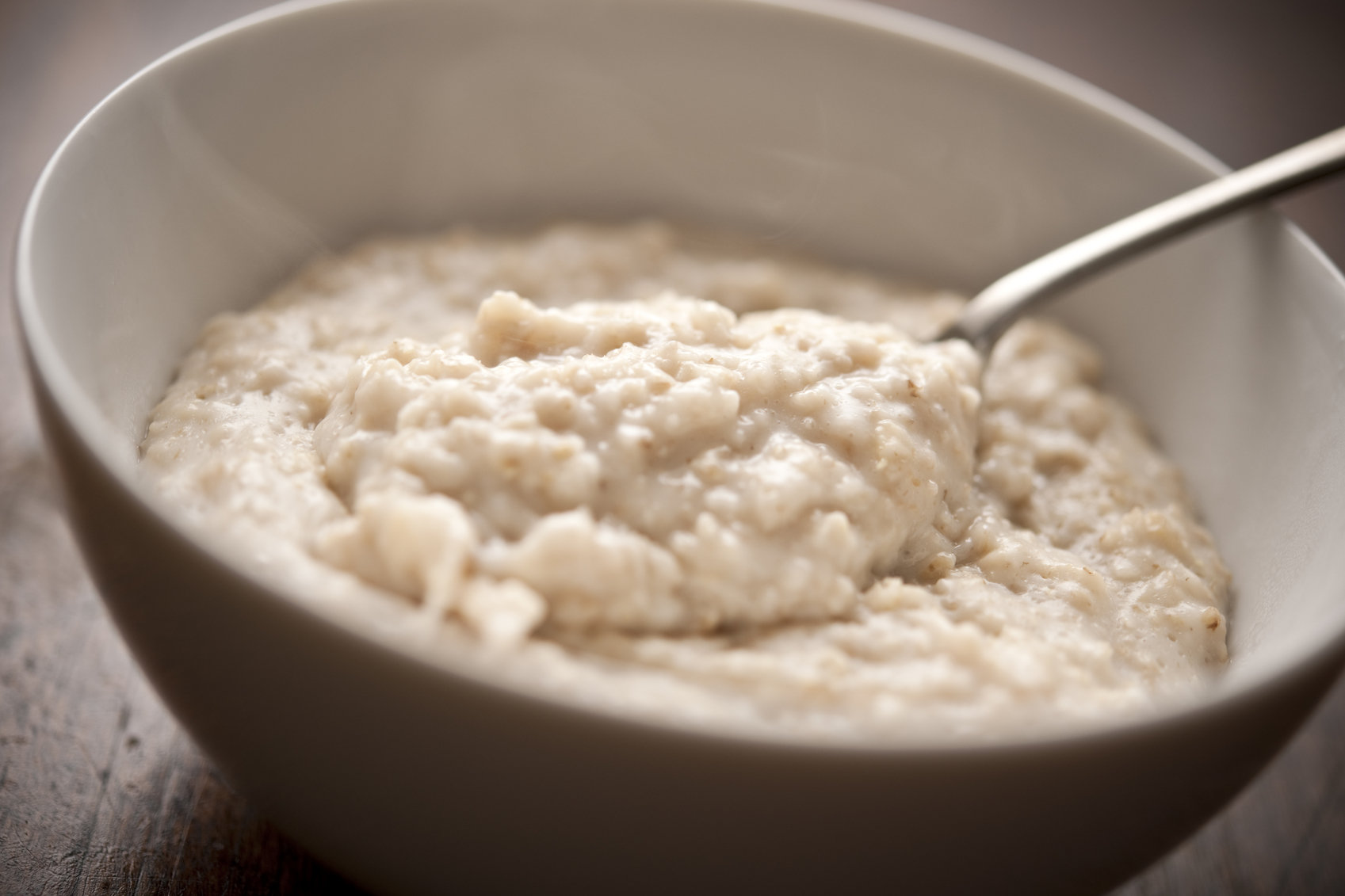
Cereal isn't just breakfast; the whole-grain variety can be enjoyed at any meal. McAdam says it's great for getting in iron, dietary fiber, and B vitamins.
Applesauce
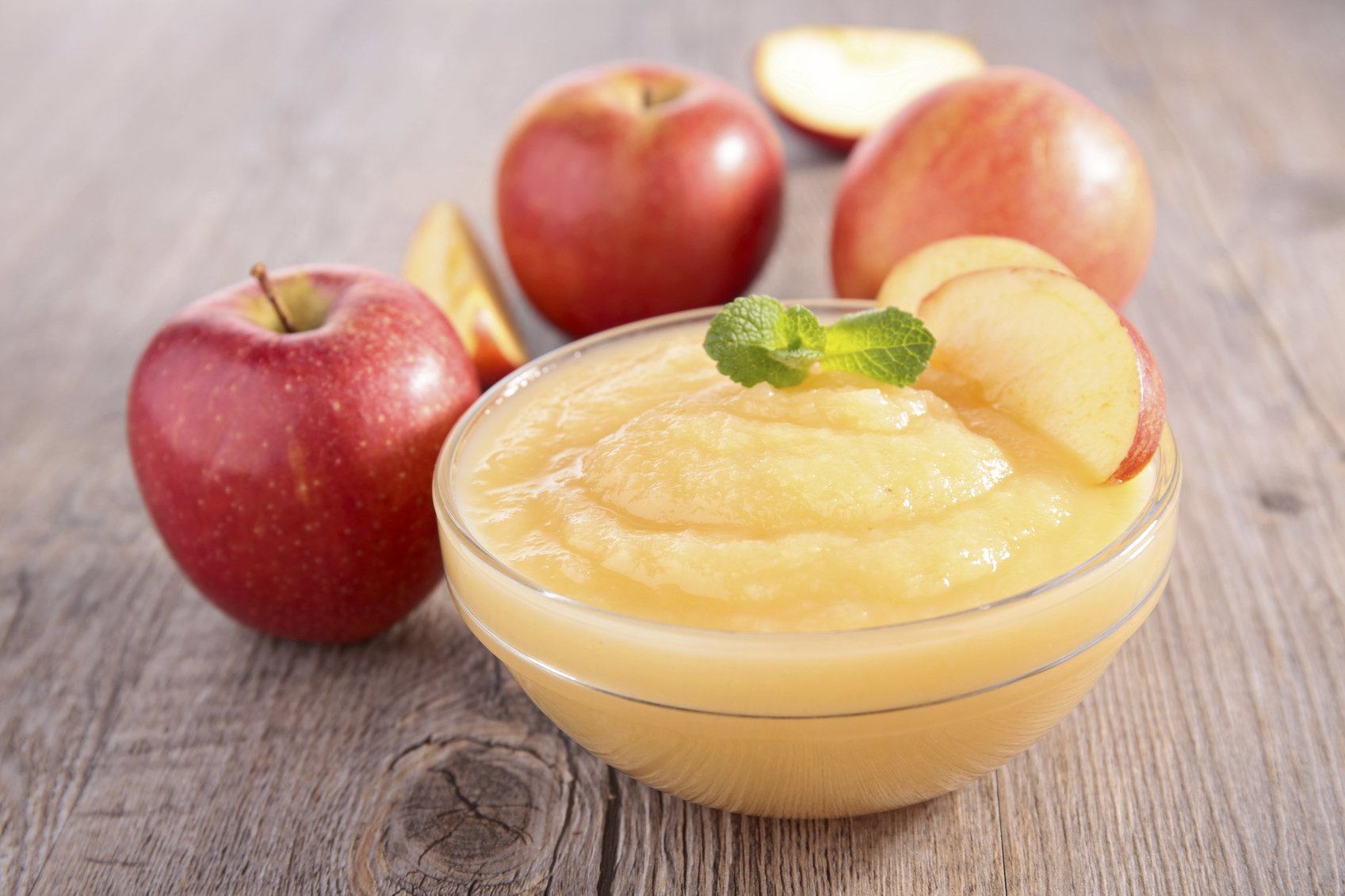
You know what they say about an apple a day, and applesauce definitely counts. McAdam says its consistency makes it a perfect choice for toddlers with no teeth.




